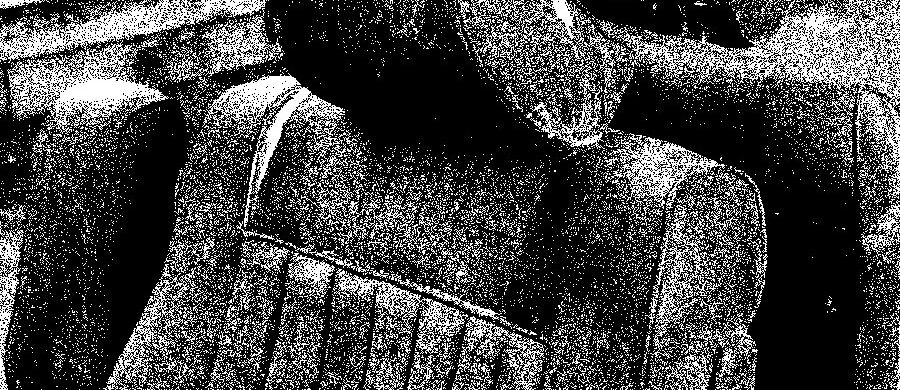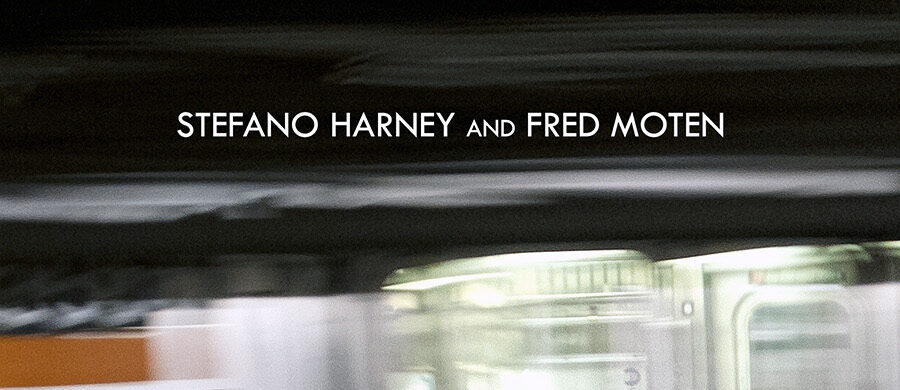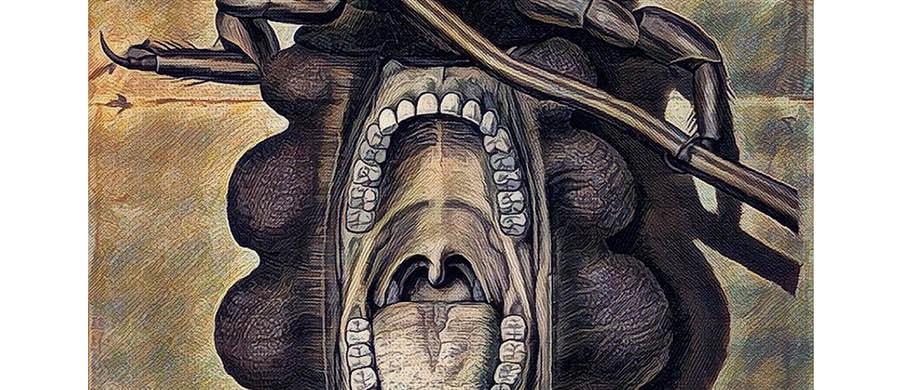Category: Fred Moten
-

On Birds & Kitchen Tables
On Birds & Kitchen Tables: Conversations of/in the Undercommons “The weapon of theory is a conference of the birds. The kitchen table is its public and its publisher.” – Stefano Harney & Fred Moten In the ten years since it was published, one of the most striking things about The Undercommons as a text was…
-

All Incomplete
All Incomplete Stefano Harney and Fred Moten Building on the ideas Harney and Moten developed in The Undercommons, All Incompleteextends the critical investigation of logistics, individuation and sovereignty. It reflects their chances to travel, listen and deepen their commitment to and claim upon partiality. All Incomplete studies thehistory of a preference for the force and…
-

Combination Acts
Combination Acts. Notes on Collective Practice in the Undercommons Stevphen Shukaitis Dialogues and essays exploring collaboration in artist collective & self-organized cultural production During the industrial revolution artisans and craft workers sparked struggles against exploitation while the force of law drove unions underground. Today conditions are different… yet they are not. Collective organizing is pre-empted…
-

The Undercommons
The Undercommons: Fugitive Planning & Black Study Stefano Harney and Fred Moten Introduction by Jack Halberstam In this series of essays Fred Moten and Stefano Harney draw on the theory and practice of the black radical tradition as it supports, inspires, and extends contemporary social and political thought and aesthetic critique. Today the general wealth…



